Face Oil Before or After Moisturizer? A Chemist Explains
What a Chemist Wants You to Know About Layering Skincare!
Generally, you should apply your face oil after moisturizer to maximize the hydrating and nourishing benefits of the moisturizer.
However, if your face oil is delivering active ingredients like retinol or salicylic acid, then your face oil should come first.
Sound complicated?
Don’t worry!
In this article, I’ll explain everything you need to know about whether to apply your face oil before or after moisturizer.
What is a moisturizer?
Moisturizers are skincare products formulated to nourish your skin barrier through some combination of:
Humectants
Emollients
And fatty acids
Many of these ingredients are naturally found in your skin, but certain skin types may produce more or less of them.
For example, people with oily skin overproduce natural oils.
Then, on the other hand, studies show that people with dry skin don’t produce as many natural moisturizing factors which can lead to dryness and flaking.
Both skin types can benefit from moisturizers, though the exact ingredients and best moisturizers will differ.
Top 3 Moisturizers
Best for Anti-Aging: Mirror Skin Polypeptide Dream Cream – Packed with peptides that support collagen and smooth fine lines. Rich but not greasy, and leaves your skin feeling bouncy and firm.
Best for Reactive Skin: Naturium Marshmallow Root Barrier Balm – Thick, calming, and super gentle. Great for sensitive or irritated skin, and a solid budget pick too.
Best for Dry Skin: Medik8 Advanced Ceramide Night Cream – Loaded with ceramides and nourishing oils that deeply hydrate and help repair a dry, flaky skin barrier.
Curious? I wrote a piece called Do You Really Need a Moisturizer? It dives into stuff like humectants, emollients, occlusives, and aging. Might be worth a read!
What is face oil?
Face oils are skin care products with fatty acids and antioxidants used to lock in moisture and leave you with healthy, hydrated skin.
Certain skin types, such as dry skin type, do not produce as much natural oil as others due to genetics. This natural oil is called sebum.
Therefore, by applying face oil as the last step in your skincare routine, you can help seal off your skin barrier, prevent water loss, and maximize the efficacy of your other skincare products.
However, not all facial oils are created equal. For example, Skin Library UK reports that coconut oil is comedogenic, so it’s not suitable for people with oily or acne-prone skin.
On the other hand, rosehip oil is a fairly popular choice as it’s lightweight and affordable.
Top 4 Face Oils
Best Overall: True Botanicals Pure Radiance Oil - Applies like a dream, absorbs quickly, and makes you shine like the sun. It’s still there when you wake up and look in the mirror
Best for Acne-Prone Skin: Sunday Riley UFO - A dry oil packed with milk thistle, black seed oil, and salicylic acid to decongest pores, reduce inflammation, and clear up breakouts.
Best for Mature Skin: Strivectin STAR Retinol Night Oil - Features hydroxypinacolone retinoate (a retinol derivative more brands should be using, in my opinion). It’s gentle and non-irritating but still effective.
Best Budget Oil: FaceTheory Rosehip Oil - It’s affordable, lightweight, and doesn’t have any offensive smell, that’s all I can ask for!
Face Oil vs. Moisturizer
Both face oil and traditional moisturizer are great products to use in your skin care routine, but they serve different purposes.
The biggest difference is that moisturizers contain water and use humectants like hyaluronic acid and glycerin to treat dehydrated skin.
On the other hand, face oils do not contain water and are mainly used to seal off your skin to prevent transepidermal water loss.
Get it, because oil and water don’t mix?
That being said, face oil and moisturizer both contain ingredients to nourish your skin barrier and soothe irritated skin like fatty acids and anti-oxidants.
Plus, they can both be used to deliver active ingredients like salicylic acid or retinol to treat excess oil or aging skin.
So, face oil before or after moisturizer?
You should always apply your face oil after moisturizing first.
Typically, your skincare routine order should go from “thinnest to thickest” or “wateriest to oiliest”, with the exception of your main treatment – whether that be retinol, an acne treatment, or something else.
After washing your face, the order should look something like this:
Main treatment (ex. retinol)
How to Use Moisturizer and Face Oil Together
To use moisturizer and face oil together, follow these steps:
First, wash your face with a gentle cleanser and allow it to air dry
Then, apply your main treatment, whether that be tretinoin, retinol, or an acne treatment
Wait a few minutes for your treatment to sink in, then apply your moisturizer
Finish off with a few drops of your favorite facial oil
That’s it!
Do you need both a face oil and a moisturizer?
No, you don’t need both a face oil and a moisturizer.
However, if you could only choose one, I’d suggest sticking to just a moisturizer as these products tend to be more versatile than face oil.
Moisturizers can provide hydration, active ingredients, and nourishment to your skin barrier.
Face oils can also provide active ingredients and nourishment, but by definition, they do not provide hydration.
And remember, your skin loves water!
Can people with oily skin use face oil?
Yes, people with oily skin can use face oil if they want to.
Oilier skin types naturally have greater sebum production, so they typically don’t need face oil in their routine.
That being said, everyone is different. If you prefer including a face oil after your moisturizer, go for it.
Should I put facial oil under or over moisturizer?
Generally, you should put facial oil over your moisturizer.
Because face oils are thicker than moisturizers, applying them first will prevent your moisturizer from being able to penetrate deeper into your skin.
However, if your face oil is delivering active ingredients like retinol or salicylic acid, then your face oil should come first.
Can I use face oil without moisturizer?
Yes, you can use face oil without moisturizer.
That being said, moisturizers are essential for delivering enhanced hydration, which face oils cannot do.
Therefore, consider using both types of products in your skincare routine for the best results.
When do you use facial oil?
Typically, you should use facial oil at the end of your evening skincare routine.
However, if your face oil has active ingredients like retinol, then you should apply it right after washing your face.
Generally, we don’t use facial oils are part of our morning routines as they might reduce the effectiveness of your sunscreen.
Tips for Using Facial Oils
Choose the Right Oil for Your Skin Type: Different skin types may benefit from specific oils. For example, if you have dry skin, you may prefer oils rich in linoleic acid like rosehip oil, while people with oily skin may benefit more from oils with high oleic acid content.
Perform a Patch Test: Always patch test before using a new face oil to check for any adverse reactions.
Apply Oils Over Moisturizer: Applying a moisturizer before your face oil can help lock in hydration, prevent trans epidermal water loss, and enhance the effectiveness of both products.
Use Oils High in Antioxidants: Look for oils with high levels of antioxidants like vitamin E, which can help protect your skin from free radicals and environmental damage.
Avoid Essential Oils if You Have Sensitive Skin: Essential oils are typically too potent for people with sensitive skin and can cause irritation. Instead, choose oils with plenty of rich, fatty acids and antioxidants.
The Bottom Line: Do you use face oil before or after moisturizer?
Typically, you should use face oil after your moisturizer.
However, if your face oil contains active ingredients like salicylic acid or retinol, then you should apply it directly after washing your face.
That being said, facial oils are heavy formulas that can prevent your other products from getting into your skin if you apply them first.
Therefore, I always suggest making your face oil the last step of your evening skincare routine.
Cheers,


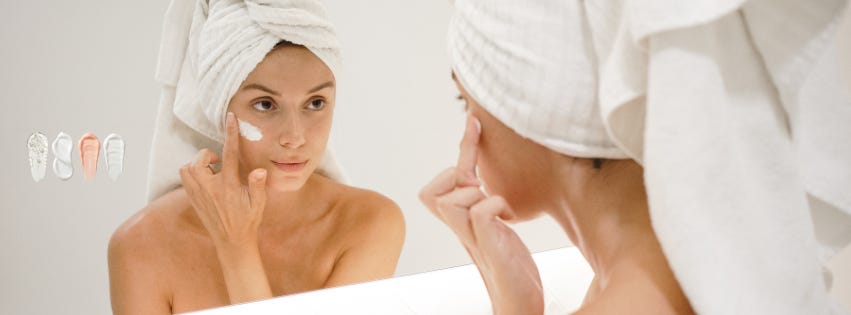
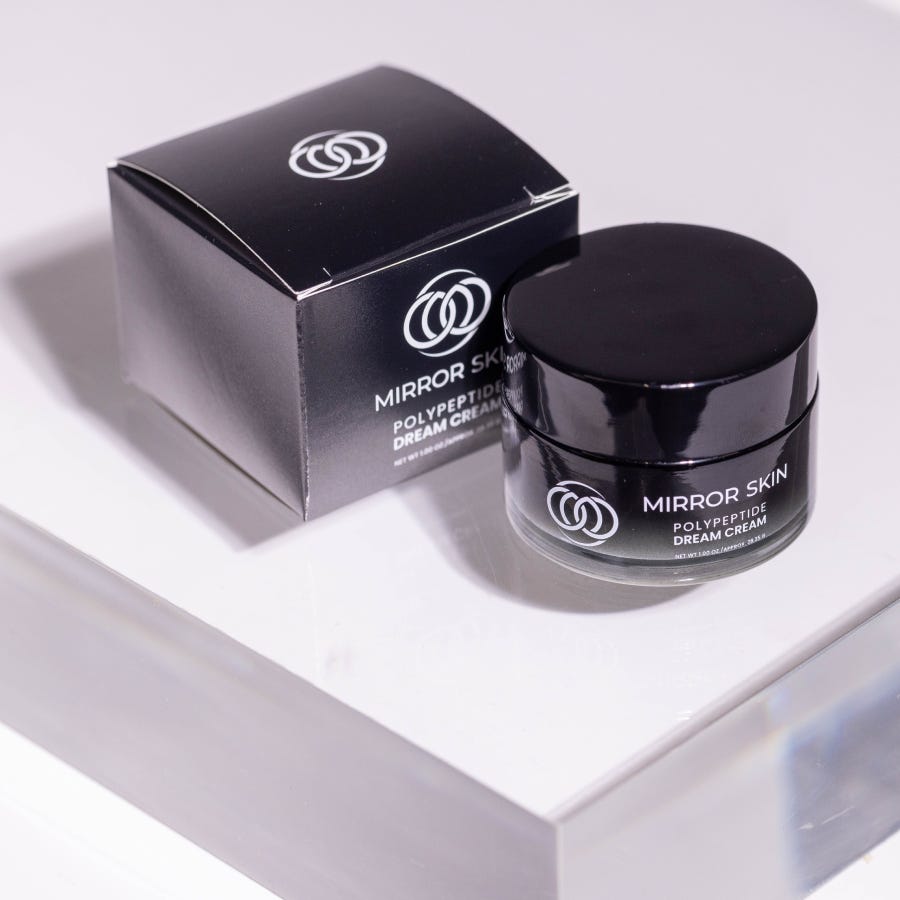
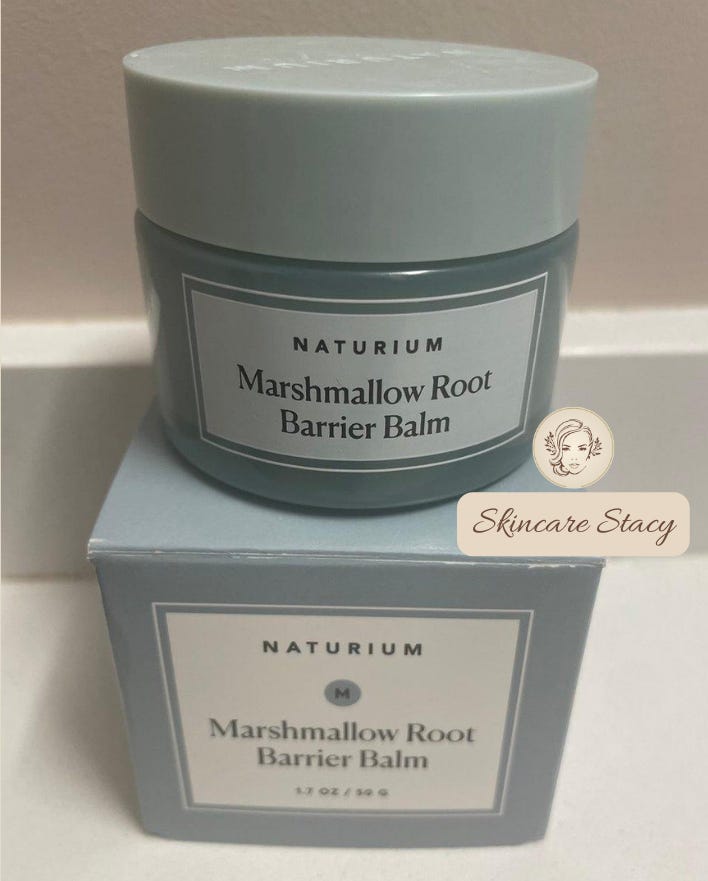
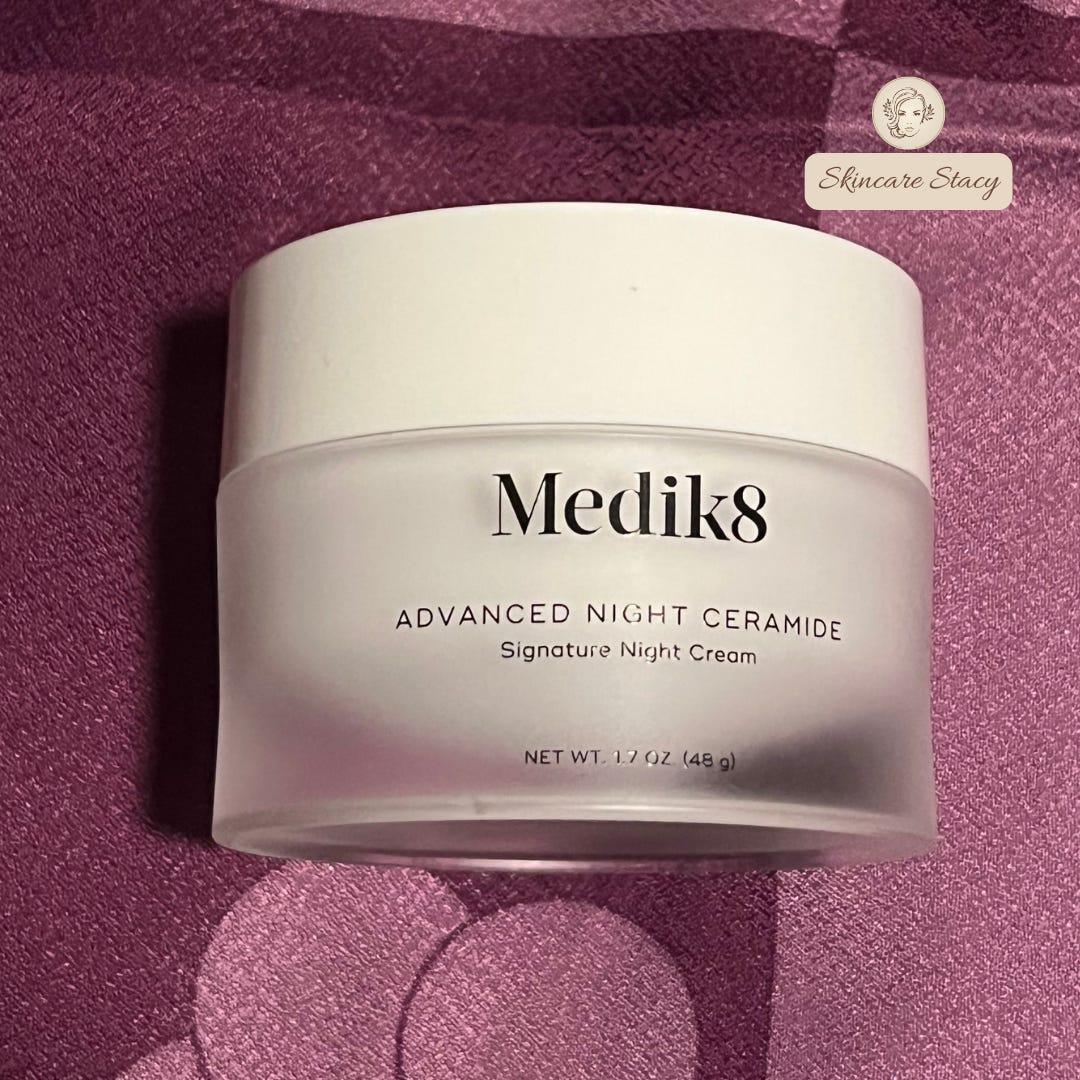
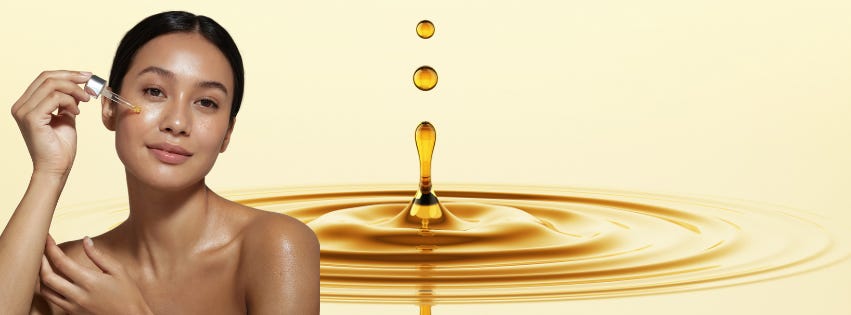
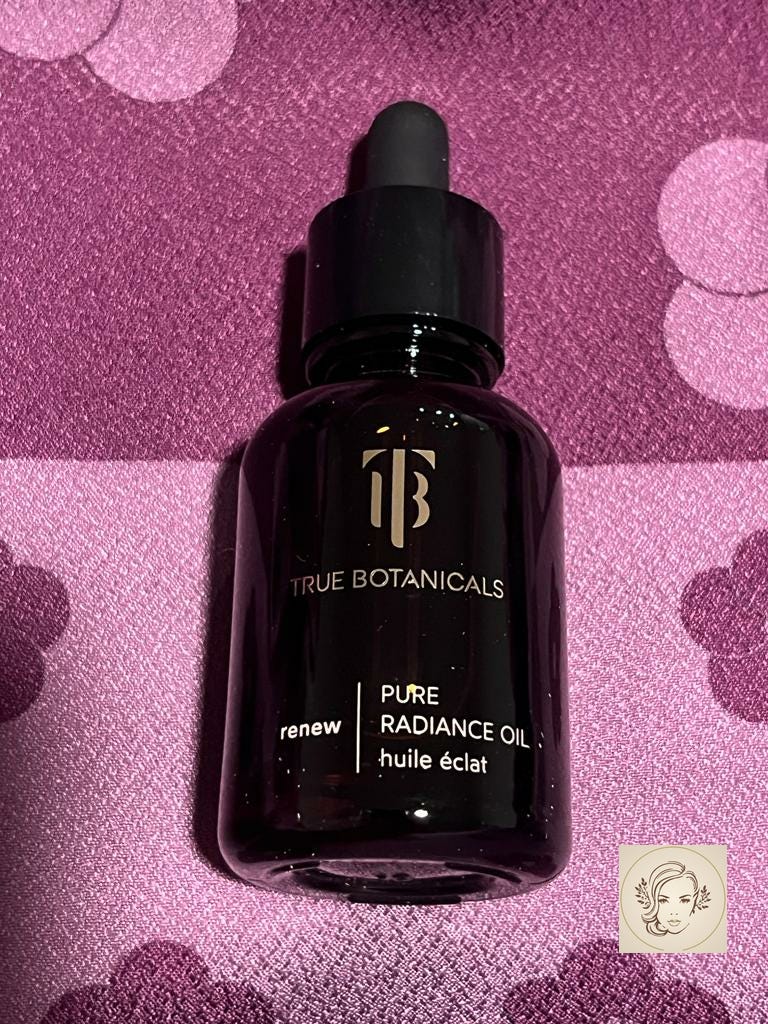
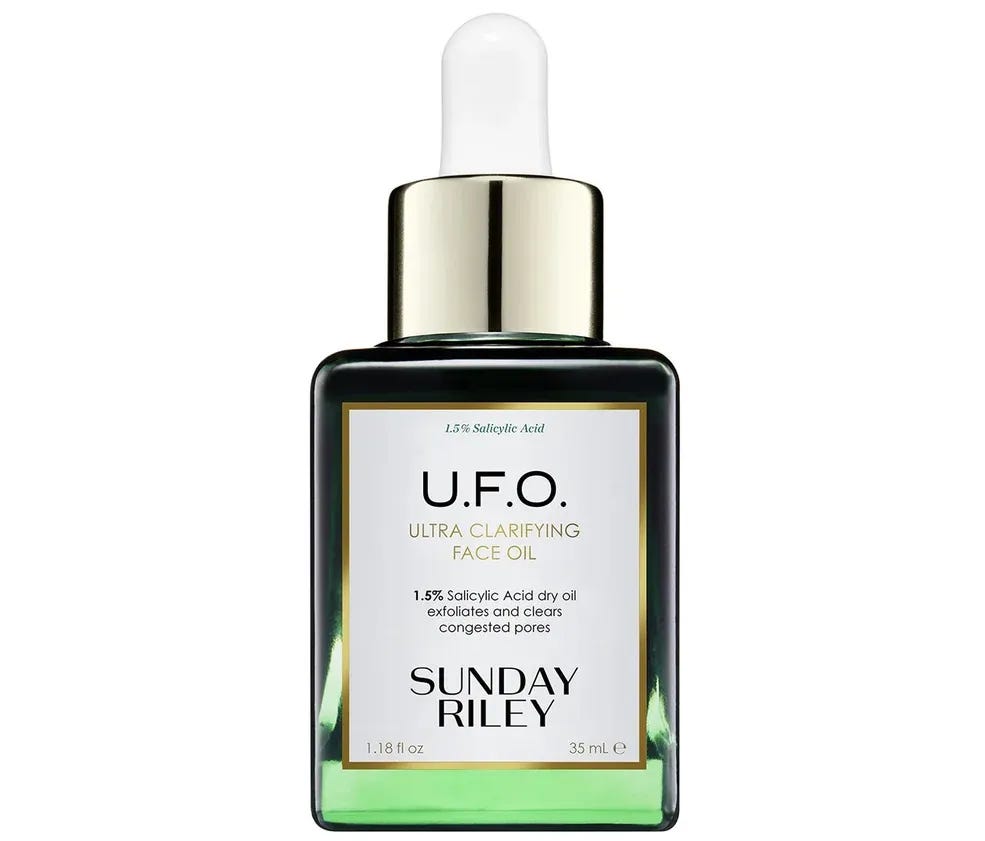
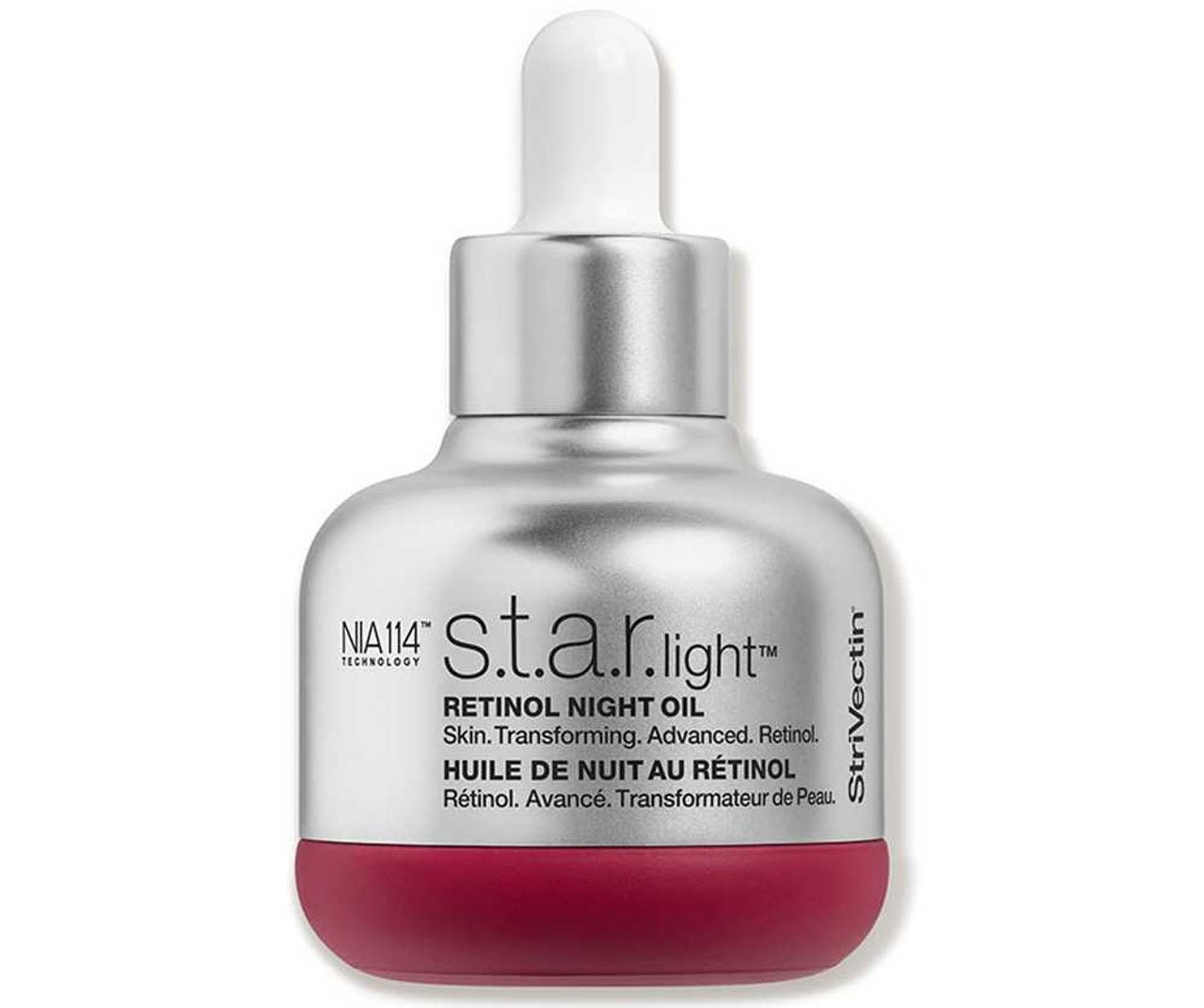
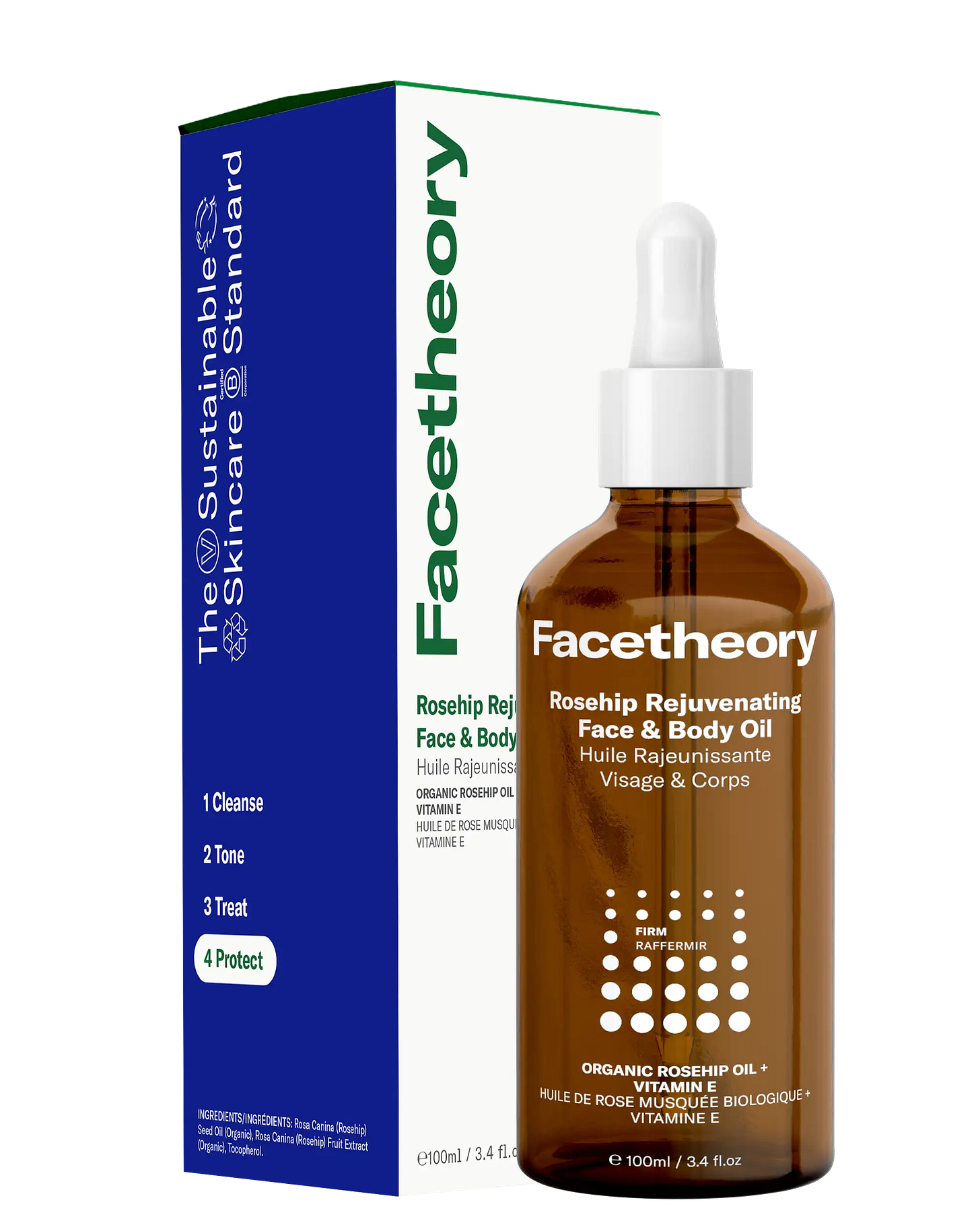
Love this explanation! I was actually wondering about this for jojoba oil a few days back.